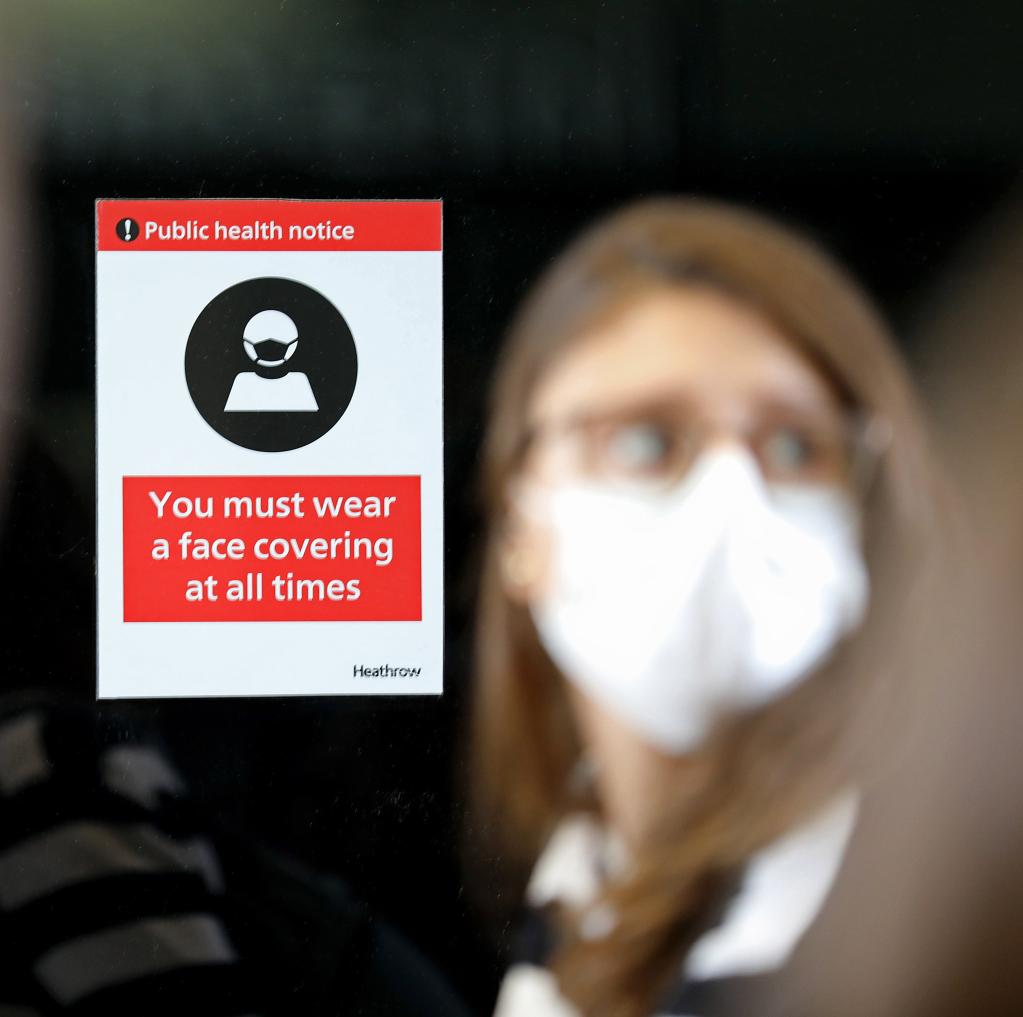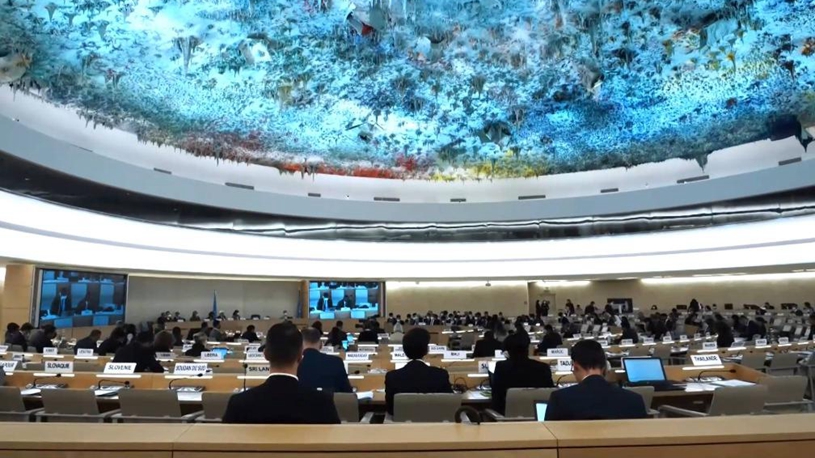
Photo taken on Jan. 28, 2022 shows a woman walking past ambulances parked outside the Royal London Hospital in London, Britain. (Photo by Ray Tang/Xinhua)
The end of COVID-19 infections is not in sight, and "this is an infection that's going to stay with us forever," said Paul Hunter, a professor in medicine at the Norwich Medical School at the University of East Anglia in Britain.
LONDON, Sept. 28 (Xinhua) -- The coronavirus will continue to circulate for years and COVID-19 infections will not end, a leading British medical expert has said, calling on the global community to learn lessons from the pandemic.
The end of COVID-19 infections is not in sight, and "this is an infection that's going to stay with us forever," Paul Hunter, a professor in medicine at the Norwich Medical School at the University of East Anglia in Britain, told Xinhua in a recent interview.
In the view of Hunter, who specializes in microbiology and infectious diseases, an end of the COVID-19 pandemic does not mean an end of the virus. "By and large, I think this was clear from the summer of 2020 that this was the virus that was going to be with us forever."
He citied a survey of Nature in early 2021, in which more than 100 immunologists, infectious disease researchers and virologists working on the coronavirus were asked by the magazine whether it could be eradicated.
The study showed that almost 90 percent of respondents think that the coronavirus will become endemic, which means it will continue to circulate in pockets of the global population for years to come.

A passenger walks past a public health notice in Heathrow Airport in London, Britain, March 18, 2022. (Xinhua/Li Ying)
"To me, the end of the pandemic is the point where the virus no longer causes major problems for society and for the health services. It doesn't mean that the virus goes away because the virus is not going away ever, certainly not in the lifetimes of any people around now," the professor added.
Hunter believes there is likely to be a problem this winter with COVID-19, but he does not think it will be as bad as last winter.
As the deadly virus is still spreading across the world, the professor suggested that the human race learn lessons from the COVID-10 pandemic, such as making vaccine distribution more equal, paying more attention to vulnerable people and taking a more science-based attitude toward the virus as well as control measures.
He blamed some Western countries for not offering vaccines to people in low-income countries that are still at risk of the severe disease. "I think that is a very damning indictment on Western society, and is something that we need to address when further pandemics occur," he said.
"There are still people in society who are vulnerable to COVID-19, and because of that, we need to still look out for those people and make sure that they have appropriate treatment," the expert added. ■












